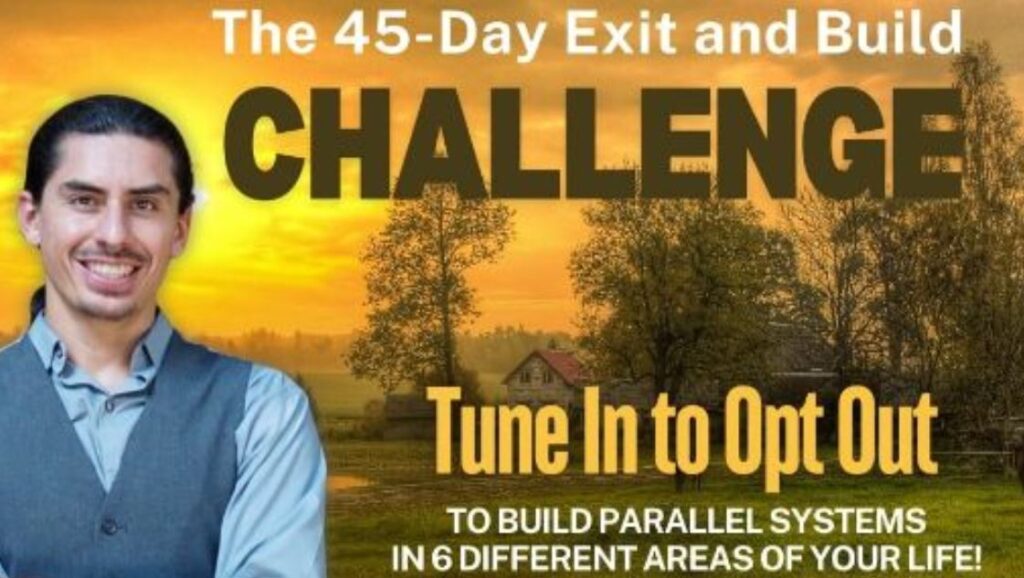In the sixth week of Derrick Broze’s series on the Exit and Build strategy, the focus shifts to the crucial themes of Mindset and Habits. This session delves into how personal mindsets and underlying beliefs often serve as the most significant barriers to achieving goals, particularly within the context of the Exit and Build initiative. By addressing unhealthy mindsets and dismantling limiting beliefs, participants can pave a path towards realizing their dreams of independence and self-sufficiency. The session highlights the importance of mental clarity as a precursor to effective action in diverse aspects of life, emphasizing that to successfully exit unsustainable systems and build new pathways, one must first undergo an internal transformation.
One of the prevailing challenges discussed is the notion of limiting beliefs, which manifest as self-doubt, low self-esteem, and an overarching lack of confidence. These internal obstacles can paralyze individuals, leading to procrastination and an inability to follow through on plans. Derrick Broze emphasizes that recognition of these issues is the first step towards change. By identifying unhealthy mindsets—such as negative self-talk and societal conditioning—participants can start the journey of cultivating a more supportive internal dialogue that empowers them to take actionable steps toward their aspirations.
To combat these obstacles, the session presents various solutions that encourage healthy communication and promote positive interactions. Drawing from strategies like Non-Violent Communication, as proposed by Marshall Rosenberg, participants learn about the significance of language in shaping their experiences and relationships. By adopting conscious language practices, individuals can foster more constructive dialogues not only with themselves but also with others. Enhancing connections leads to the formation of new friendships and supportive networks that can be vital for personal growth and mutual encouragement.
Additionally, the session outlines practical strategies for personal development, including goal setting, engaging with nature, and regular physical exercise. These activities can help counter feelings of depression and isolation that sometimes accompany a lack of action. The emphasis is placed on the holistic approach where participants are encouraged to assess their overall life balance, identify areas of misalignment, and make adjustments as necessary. This practice of reflection supports participants in making informed decisions about their health, finance, relationships, and overall well-being.
Homework assignments are provided to reinforce the concepts shared during the session. Participants are prompted to read “The Holistic Self-Assessment,” which serves as a guide for introspection and goal setting for the upcoming week. By closely examining aspects of life that may require realignment, individuals can create actionable plans that lead to positive changes in their circumstances. Activities such as spending time in nature, meditating, or praying are prescribed as ways to cultivate mindfulness and connect with oneself on a deeper level.
As the week concludes, the significance of a holistic mindset in the pursuit of the Exit and Build strategy is re-affirmed. This integrative approach calls for the cultivation of a healthy mindset, one that is not only aware of its limitations but also proactive in overcoming them. Derrick Broze’s insights encourage participants to believe in their capacity to transform and to actively participate in their own journeys towards self-sufficiency. By addressing internal barriers and fostering supportive relationships, individuals can position themselves for success and begin to construct the futures they envision.

